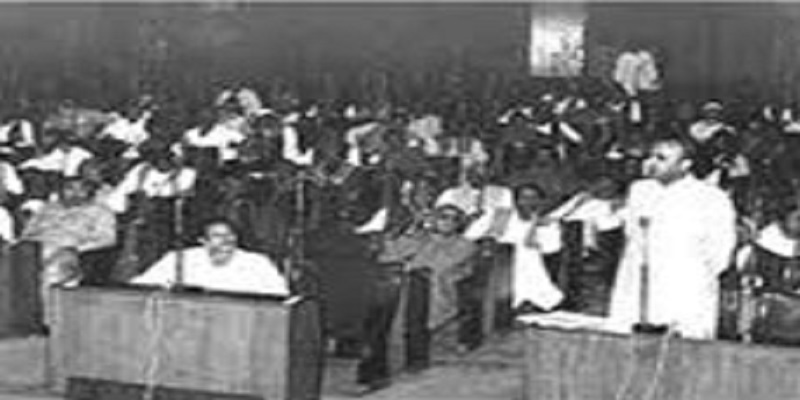1985 Pakistan Elections Democracy under Military Shadows
The general elections in Pakistan held in 1985 marked a significant turning point in the country's political landscape. These elections were unique in several aspects, as they were conducted under the military regime of General Muhammad Zia-ul-Haq, who had seized power in a coup in 1977. The political context leading up to the 1985 elections, the electoral process itself, and the aftermath all contribute to the complex narrative of this pivotal moment in Pakistan's political history.
Political Context:
The period leading up to the 1985 elections was characterized by the prolonged military rule of General Zia-ul-Haq. After overthrowing the elected government of Zulfikar Ali Bhutto in 1977, General Zia imposed martial law and suspended the constitution. Despite international criticism, Zia justified his coup by citing allegations of corruption and mismanagement against Bhutto's regime.
Under Zia's rule, Pakistan underwent a process of Islamization, with the military regime seeking to consolidate power by promoting a more conservative Islamic identity. Zia's policies included the introduction of Sharia law, which aimed to bring the legal system in line with Islamic principles. These measures were intended to legitimize the military regime and garner support from conservative elements within Pakistani society.
Amidst this political backdrop, Zia announced his intention to hold elections and transition the country back to civilian rule. However, the process was carefully managed to ensure continued military influence over the political system. The military regime sought to control the political narrative and limit the scope for opposition parties to challenge its authority.
Electoral Process:
The electoral process in 1985 was characterized by a manipulated and controlled environment. General Zia-ul-Haq introduced a new system known as the "non-party" elections, where political parties were officially banned, and candidates were required to contest as independents. This move was a deliberate attempt to undermine the established political parties and prevent the emergence of a united opposition against the military regime.
Candidates were allowed to run for office only as individuals, without any party affiliations. This approach aimed to fragment the opposition and prevent the formation of a cohesive political front. The regime also implemented strict censorship on the media to control the flow of information and suppress dissenting voices.
Despite the limitations on political activities, various political figures, including those associated with the previous governments, decided to participate in the elections. Notable among them was Benazir Bhutto, the daughter of Zulfikar Ali Bhutto, who had been executed by Zia's regime. Benazir Bhutto and other opposition figures faced significant challenges in organizing their campaigns due to the restrictive environment.
The electoral process was marred by allegations of rigging and manipulation. The military regime used its authority to influence the outcomes in favor of candidates sympathetic to the government. The absence of political parties further complicated the electoral landscape, as candidates lacked a clear platform and had to rely on personal appeals to voters.
Outcomes and Aftermath:
The elections held in 1985 resulted in the formation of a civilian government, but one that was heavily influenced by the military. Muhammad Khan Junejo, a politician with ties to the military establishment, became the Prime Minister. However, real power remained with General Zia-ul-Haq, who retained control over key policy decisions and the overall direction of the government.
The non-party elections failed to produce a genuinely representative and accountable government. Instead, they reinforced the dominance of the military in Pakistan's political arena. The absence of a vibrant political culture and the suppression of dissenting voices contributed to the erosion of democratic principles.
The period following the 1985 elections saw a fragile civilian government attempting to navigate the complex relationship with the military. The influence of the military continued to be felt in various aspects of governance, including foreign policy and national security. The elected government, constrained by the military's presence, struggled to address the socio-economic challenges facing the country.
The impact of the 1985 elections on Pakistan's political trajectory was profound. The non-party elections set a precedent for subsequent electoral processes, with the military retaining a significant role in shaping the political landscape. The limitations imposed on political parties and the manipulation of the electoral system undermined the prospects of genuine democratic development.
The 1985 elections in Pakistan were a critical juncture in the country's political history. They represented an attempt by General Zia-ul-Haq to transition from military rule to a civilian government while maintaining military control. The non-party elections, characterized by restrictions on political activities and allegations of rigging, ultimately led to the formation of a government with limited autonomy. The long-term consequences of these elections were far-reaching, shaping the contours of Pakistan's political landscape for years to come.

